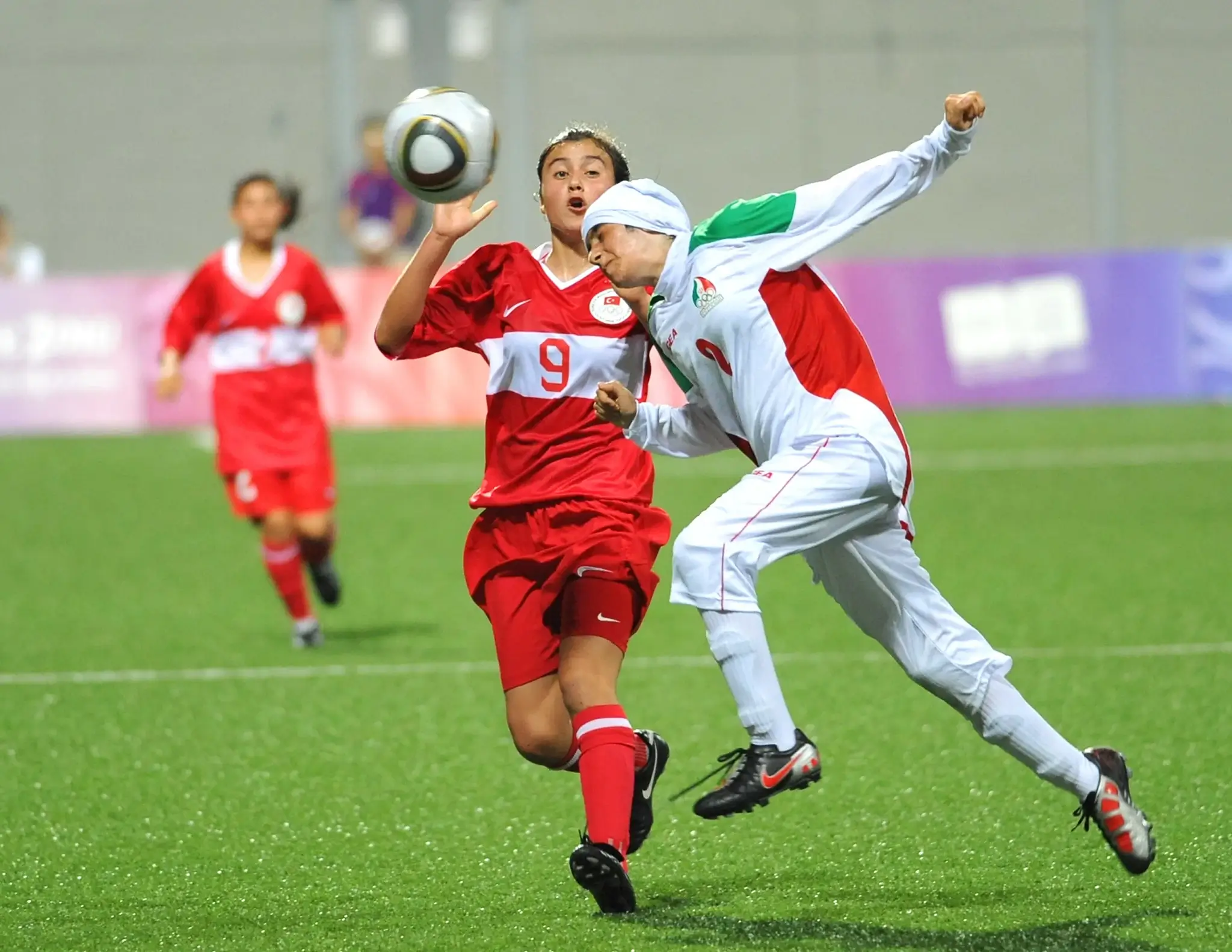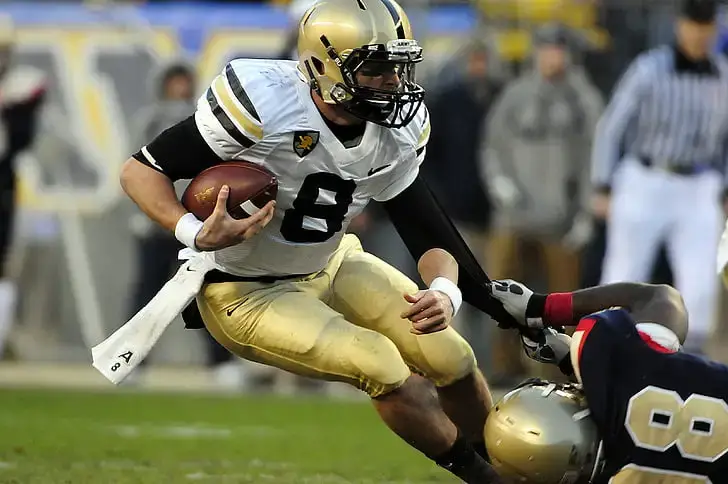What is ftmç? Everything you need to know
FTMÇ is an acronym that stands for Fenerbahçe, Trabzonspor, Mersin İdman Yurdu, and Çaykur Rizespor, four Turkish football clubs that have been involved in a match-fixing scandal in 2011. the ftmç scandal led to the relegation of Mersin İdman Yurdu and Çaykur Rizespor, as well as the suspension of Fenerbahçe and Trabzonspor from European competitions. The acronym is often used by rival fans to mock these clubs and their supporters.
Main points of FTMÇ
The ftmç scandal was a match-fixing case that involved four Turkish football clubs: Fenerbahçe, Trabzonspor, Mersin İdman Yurdu, and Çaykur Rizespor. Here are some of the main points of the ftmç scandal:
- Year:
the ftmç scandal was uncovered by a police operation in 2011 that revealed wiretapped conversations, bank transactions, and video recordings that implicated club officials, managers, players, referees, and journalists in manipulating the results of 19 matches in the 2010-2011 season.
- The main suspect
The main suspect was Aziz Yıldırım, the president of Fenerbahçe, who allegedly bribed other clubs and officials to secure the league title for his team. Other suspects included Sadri Şener, the president of Trabzonspor, Özkan Sümer, the former president of Trabzonspor, Mehmet Ali Aydınlar, the former president of the Turkish Football Federation (TFF), and several players, managers, and referees from the four clubs.
- The evidence
The evidence included audio recordings of phone conversations between the suspects, bank statements showing money transfers, and video footage showing suspicious actions during the matches. The evidence was presented to the court by the prosecutors, who accused the suspects of forming a criminal organization, fraud, bribery, and match-fixing.
The verdicts were issued by the court in 2012 and 2015, after a long and controversial trial. The court sentenced Yıldırım to six years and three months in prison, Şener to three years and nine months, Sümer to one year and three months, and Aydınlar to one year and two months. The court also acquitted some of the suspects, including most of the players and referees. The verdicts were appealed by both the prosecutors and the defendants, and some of them were overturned or reduced by higher courts.
- Scandal after effects
the ftmç scandal affected the clubs and the players involved by imposing sanctions and penalties on them. The TFF launched an investigation and banned Fenerbahçe and Trabzonspor from participating in the UEFA Champions League and Europa League for two and one season, respectively. The TFF also relegated Mersin İdman Yurdu and Çaykur Rizespor to the lower division. Several players, managers, and referees were suspended or fined by the TFF. the ftmç scandal also affected the performance and morale of the players and the coaches, who had to deal with the legal and disciplinary consequences of the ftmç scandal.
FTMÇ Effect on Turkish Football
the ftmç scandal impacted the Turkish football league and its reputation by damaging its credibility and integrity, both domestically and internationally. It also created a lot of controversy and conflict among the fans, the clubs, and the authorities. It raised questions about the fairness and transparency of the Turkish football league and its governance. It also affected the popularity and attractiveness of the Turkish football league, as some fans and sponsors lost their interest or trust in the league.
The match-fixing scandal affected Turkish football in general by damaging its credibility and reputation, both domestically and internationally. It also created a lot of controversy and conflict among the fans, the clubs, and the authorities. It raised questions about the fairness and integrity of the Turkish football league and its governance. It also affected the performance and morale of the players and the coaches, who had to deal with the legal and disciplinary consequences of the ftmç scandal.
Measures to prevent match-fixing and corruption in Turkish football
Match-fixing and corruption are serious threats to the integrity and reputation of Turkish football. According to my web search, some of the measures that have been taken to prevent and combat these problems are:
- The Turkish Football Federation (TFF) has established an Ethics Committee and an Integrity Department to investigate and sanction any violations of the rules and regulations related to match-fixing and corruption. The TFF has also adopted a Code of Ethics and a Disciplinary Code that defines the offenses and penalties for match-fixing and corruption
- The TFF has signed a cooperation agreement with UEFA, the European governing body of football, to exchange information and expertise on match-fixing and corruption issues. The TFF has also joined UEFA’s Betting Fraud Detection System (BFDS), which monitors betting patterns and alerts the authorities of any suspicious activity
- The TFF has launched an awareness and education campaign to inform and train the players, coaches, referees, and officials on the dangers and consequences of match-fixing and corruption. The campaign includes workshops, seminars, leaflets, posters, and videos that explain the rules and regulations, the reporting mechanisms, and the support services available for the participants
- The Turkish government has enacted a law that criminalizes match-fixing and corruption in sports and imposes harsh penalties for the offenders. The law also grants the TFF the authority to access the phone records and bank accounts of the suspects and to cooperate with the police and the judiciary in the investigations and prosecutions
These are some of the measures that have been taken to prevent match-fixing and corruption in Turkish football. However, the problem is still not completely eradicated, and more efforts are needed to ensure the fairness and transparency of the Turkish Football League and its competitions
Conclusion
The ftmç scandal was one of the biggest corruption cases in Turkish football history, involving four clubs that were accused of manipulating the results of 19 matches in the 2010-2011 season. the ftmç scandal uncovered a network of bribery, fraud, and match-fixing that implicated club officials, managers, players, referees, and journalists. the ftmç scandal had a huge impact on the Turkish football league and its reputation, both domestically and internationally.
It also created a lot of controversy and conflict among the fans, the clubs, and the authorities. the ftmç scandal raised questions about the fairness and transparency of the Turkish football league and its governance. The case is still ongoing, as some of the verdicts have been overturned or challenged by higher courts. The ftmç scandal is a reminder of the dangers and consequences of match-fixing and corruption in sports, and the need for more measures and efforts to prevent and combat these problems.







